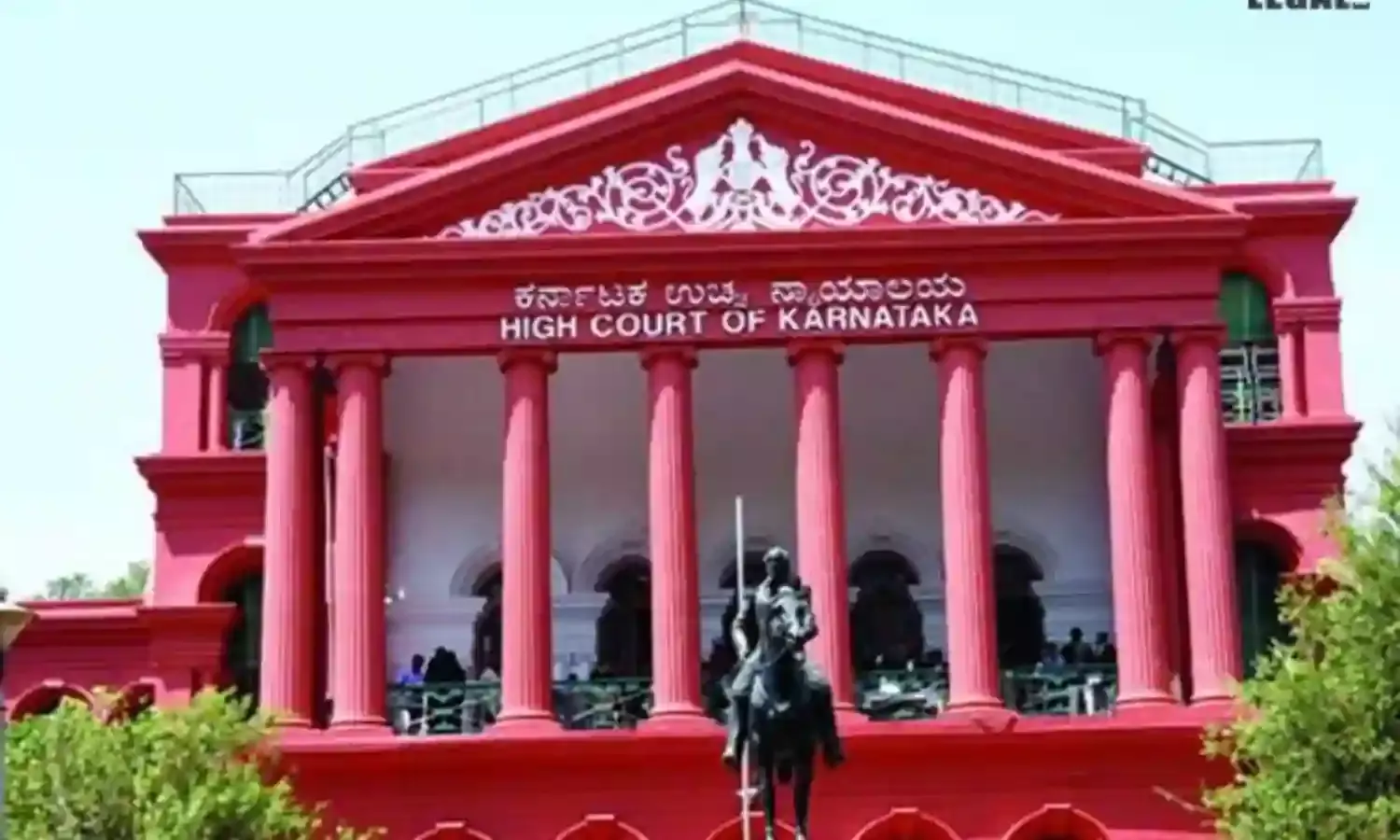Karnataka High Court Allows Karnataka State Road Transport Corporation’s Plea: Execution Petition Initiated Based on Judgment Passed by London Court Not Executable
The Karnataka High Court has allowed the plea filed by the Karnataka State Road Transport Corporation on the ground that;

Karnataka High Court Allows Karnataka State Road Transport Corporation’s Plea: Execution Petition Initiated Based on Judgment Passed by London Court Not Executable
The Karnataka High Court has allowed the plea filed by the Karnataka State Road Transport Corporation (KSRTC) on the ground that the execution petition initiated by the British couple based on the judgment of the London Court is not executable as it was not passed on merits.
The single judge Justice H.P Sandesh while considering the material on record, noted that London Court had not followed the principles of natural justice while recording the reasons and very importantly, basing on the application of the appellant itself, conclusively decided the issue with regard to jurisdiction and passed the order coupled with costs.
Hence, the Judge was of the view that the order passed by the foreign Court was not conclusive and not on merits and hence, the same cannot be executable.
In this case, a petition was filed challenging the order passed by the Additional City Civil and Sessions Judge. The decree holders (British couple) claimed that in 2002, they were traveling in a car driven by a driver, and the said car was heading from Mysuru to Gundlupet.
A KSRTC bus was moving from Gundlupet to Nanjangud and when both the vehicles were moving in the opposite direction, the accident took place. It was alleged that the said car was engaged for transportation by M/s. Somak Travels Limited and hence, they preferred the claim in respect of the alleged accident before the Exeter Country Court, United Kingdom.
The foreign Court allowed the claim petition and directed to pay the compensation. The decree holders on account of non-payment of compensation, filed the execution petition to direct KSRTC to pay compensation.
The judgment debtor i.e., the revision petitioner herein, filed an application under Section 47 of Code of Civil Procedure, 1908 (CPC) praying the Court to hold the decree (under execution) is not executable in law.
The High Court that the foreign court had not followed the principles of natural justice. The Court noted, “it is very clear that if judgment is passed, even it is ex parte, not on evidence, the same cannot be held that the order is passed on merits. … On conjoint reading of ‘decree,’ ‘judgment’ and ‘order’ from any angle, the order passed by the English Court falls within the definition of ‘order’ and therefore, it is a judgment and thus, becomes a ‘decree’ as per Explanation 2 to Section 44A CPC.”
Moreover, the Judge remarked by noting submissions that no certified copy of the judgement and decree of the Foreign Court was placed before the Trial Court and only a xerox copy of the same was placed before the Court. Further, nowhere it was found that claim has been considered on merits except passing the order and even the alleged statement of objections were also not considered while passing such an order.
Lastly, the Court referred the judgment of the Apex Court in the case of Alcon Electronics Private Limited v. Celem S.A. of FOS 34320 Roujan, France and Another, wherein the Apex Court had discussed Section 44A of CPC. The Apex Court had observed that a judgment is considered as judgment on merits, an opportunity is extended to the parties to a case to put forth their case and after considering rival submissions Court gives its decision in the form of an order or judgment.
Moreover, the Apex Court in the above case had discussed Section 13 and 44A with regard to execution of foreign judgment/decree and an enquiry by executing Court when not permissible and held that once an order or decree is obtained after following due judicial process by giving reasonable notice and opportunity to all proper and necessary parties to put forth their case, executing Court cannot enquire into validity, legality or otherwise.
In the said judgment, scope and purpose of Section 44A was also discussed and execution of decrees passed in reciprocating territories and was held that Section 44A had been inserted to give effect to the policy contained in Foreign judgments (Reciprocal Enforcement) Act, 1933 by conferring an independent right on a foreign decree-holder who obtained a decree from a Court in reciprocating territory for enforcement of said decree/order in India, for the purpose of Section 44A, England is a reciprocating territory.
Averting to the present case, the High Court found that when the order itself is not on merits, the very contention cannot be accepted, and no conclusive order on merit.
While following the ratio decidendi laid by the Apex Court, the High Court concluded that judgment and decree which was sought for enforcement in India was not passed on merits. When such being the circumstances, the same was not enforceable.
Accordingly, the Court allowed the revision petition filed by KSRTC.

